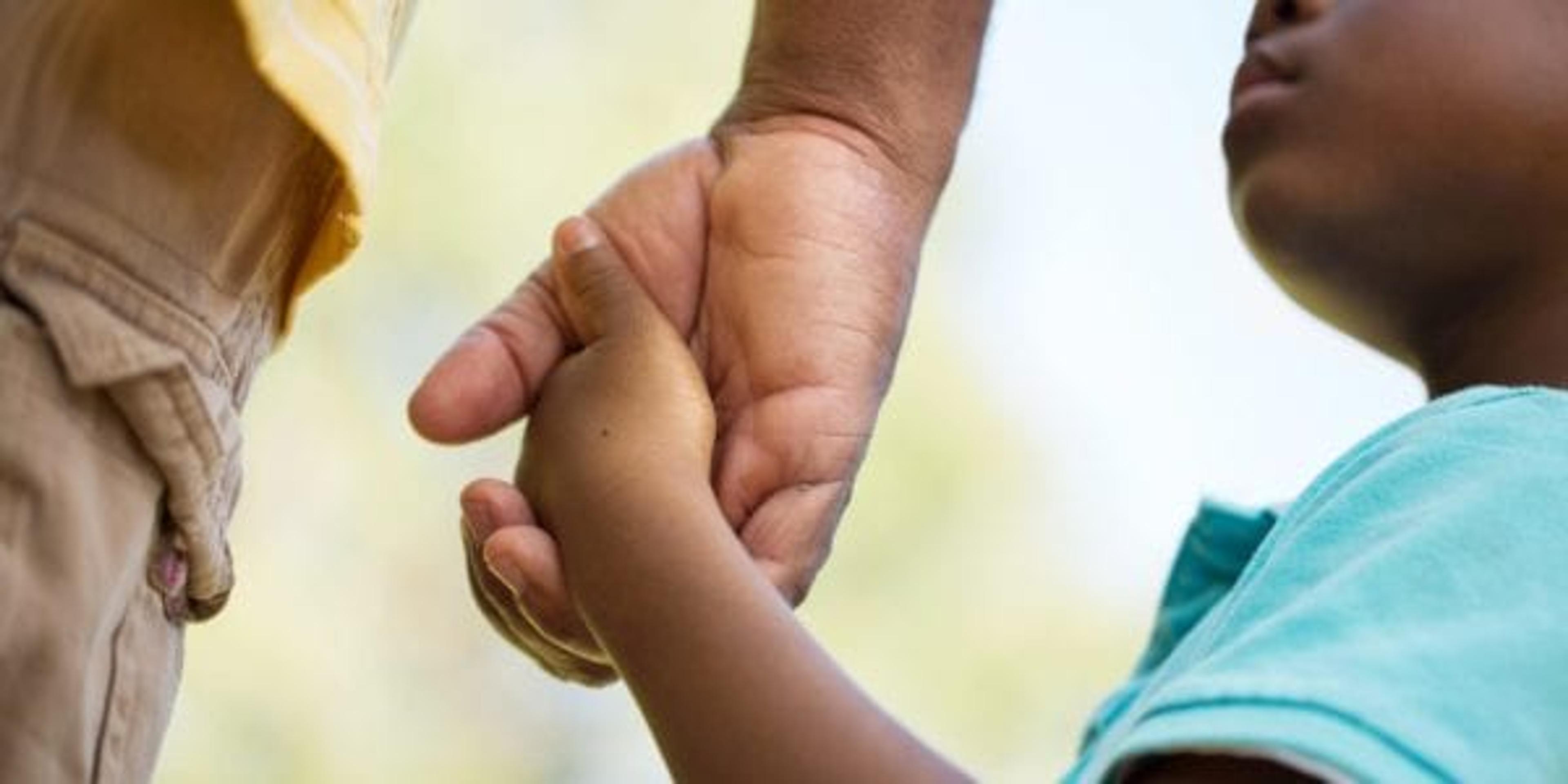Special Challenges Adopted Children Face

Jillian Berndtson
| 2 min read

Approximately 135,000 children are adopted each year in the United States.
Adoption is a life-changing experience for both the children and the adopting family. For the family, it’s adding a new member to the house and changing the family routine. For the child, it’s a new home, new people, possibly a new school and maybe even a new city. These changes may bring about some unique challenges for the child that may manifest in a variety of ways.
Newly adopted children and children in the foster system may have a hard time adjusting to the family’s way of life. They may experience grief or stress and may show those emotions in different ways. What others may view as “acting out” may stem from the child’s inner confusion and struggles. This grief can lead to attachment issues later in life or fear of loss. As a parent, you can help by spending quality time with the adoptive child and being there for support when they need it.
Some children may also face identity and self-esteem issues. These may be even greater in kids who don’t know their birth family and they may try to find answers themselves. When the child doesn’t fully understand why they were placed in the adoption system, they may feel rejected or unwanted. You can help by encouraging them and providing positive reinforcement when needed. Make sure they know you love them.
Adopted children are also twice as likely to suffer from a mood disorder such as anxiety or depression. It is also common for adoptive children to experience cognitive delays or ADHD due to their past experiences. The likelihood that the child will be diagnosed with one of these disorders varies based on a number of factors such as age of adoption, where they lived in the past, genetics and current relationship with the biological family. As a parent, pay close attention to their behaviors and seek counsel if you believe your child is displaying any signs of a mood disorder.
Experts recommend meeting with a child psychologist or psychiatrist depending on the attitudes and behaviors the child is displaying. Therapy would help both the child learn to cope with their thoughts and feelings and also help the family learn how to respond.
You may also like:
Photo credit: DigitalSkillet





